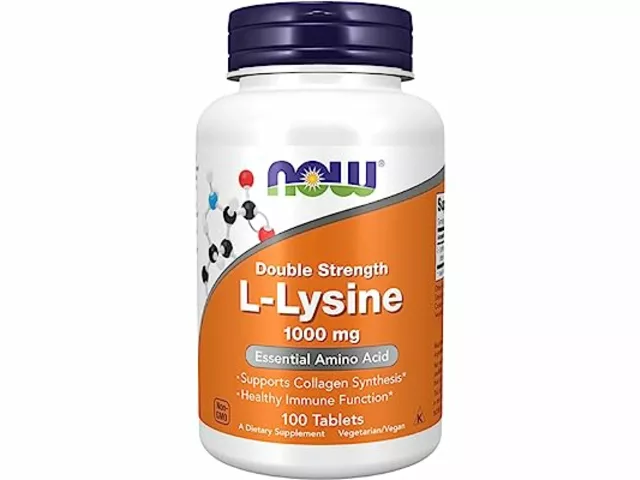Aspirin: Pain Relief, Anti‑Inflammatory Action & More
When working with Aspirin, a synthetic salicylate used to reduce pain, fever, and inflammation. Also known as acetylsalicylic acid, it is a staple in both over‑the‑counter medicine cabinets and prescription regimens.
Its primary role in pain relief, easing headaches, muscle aches, and minor injuries makes it a go‑to for everyday aches. At the same time, its anti‑inflammatory, reducing swelling by inhibiting prostaglandin synthesis helps manage arthritis and post‑exercise soreness. Finally, the blood clot prevention, lowering heart attack and stroke risk through platelet inhibition property gives aspirin a place in cardiovascular care. These three functions—pain relief, anti‑inflammation, clot prevention—are the core reasons doctors prescribe it and why consumers keep it on hand.
How Aspirin Fits Into Everyday Health Choices
If you’re looking for a quick, reliable way to manage everyday aches, aspirin remains a go‑to option, but it’s not the only tool in the box. Many readers wonder whether natural pain relievers can match its effectiveness; herbs like willow bark and turmeric provide similar analgesic pathways by delivering salicylate‑like compounds. When deciding between a synthetic pill and a plant‑based remedy, consider factors such as dosage consistency, potential drug interactions, and personal tolerance. For those with a history of stomach ulcers, a buffered or enteric‑coated formulation can reduce gastrointestinal irritation, while low‑dose aspirin (81 mg) is often recommended for heart‑health purposes under a doctor’s guidance. Switching pharmacies? Remember that the prescription details you give—drug name, dosage, and any controlled‑substance notes—must stay exact, especially if you rely on aspirin for chronic conditions. Keeping a clear record helps avoid dosing errors and ensures you receive the right formulation when you transfer your prescription.
Beyond the basics, the articles below dive deeper into real‑world scenarios you might face. You’ll find a step‑by‑step guide on transferring prescriptions, tips for spotting allergy triggers that can worsen pain, and a rundown of natural alternatives that work alongside or in place of aspirin. Whether you’re comparing over‑the‑counter options, learning how to manage diabetes at work, or exploring how chiropractic care can ease seasonal allergies, the collection equips you with actionable insights. Scroll down to explore each topic and discover practical advice that fits your health routine.

Tylenol vs Pain Reliever Alternatives: Detailed Comparison
A side‑by‑side look at Tylenol versus ibuprofen, aspirin, naproxen and other pain relievers, with safety tips and a practical buying checklist.
Read More




